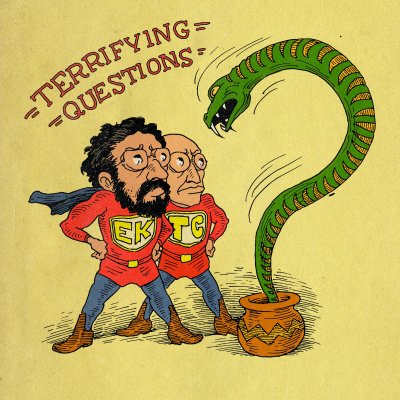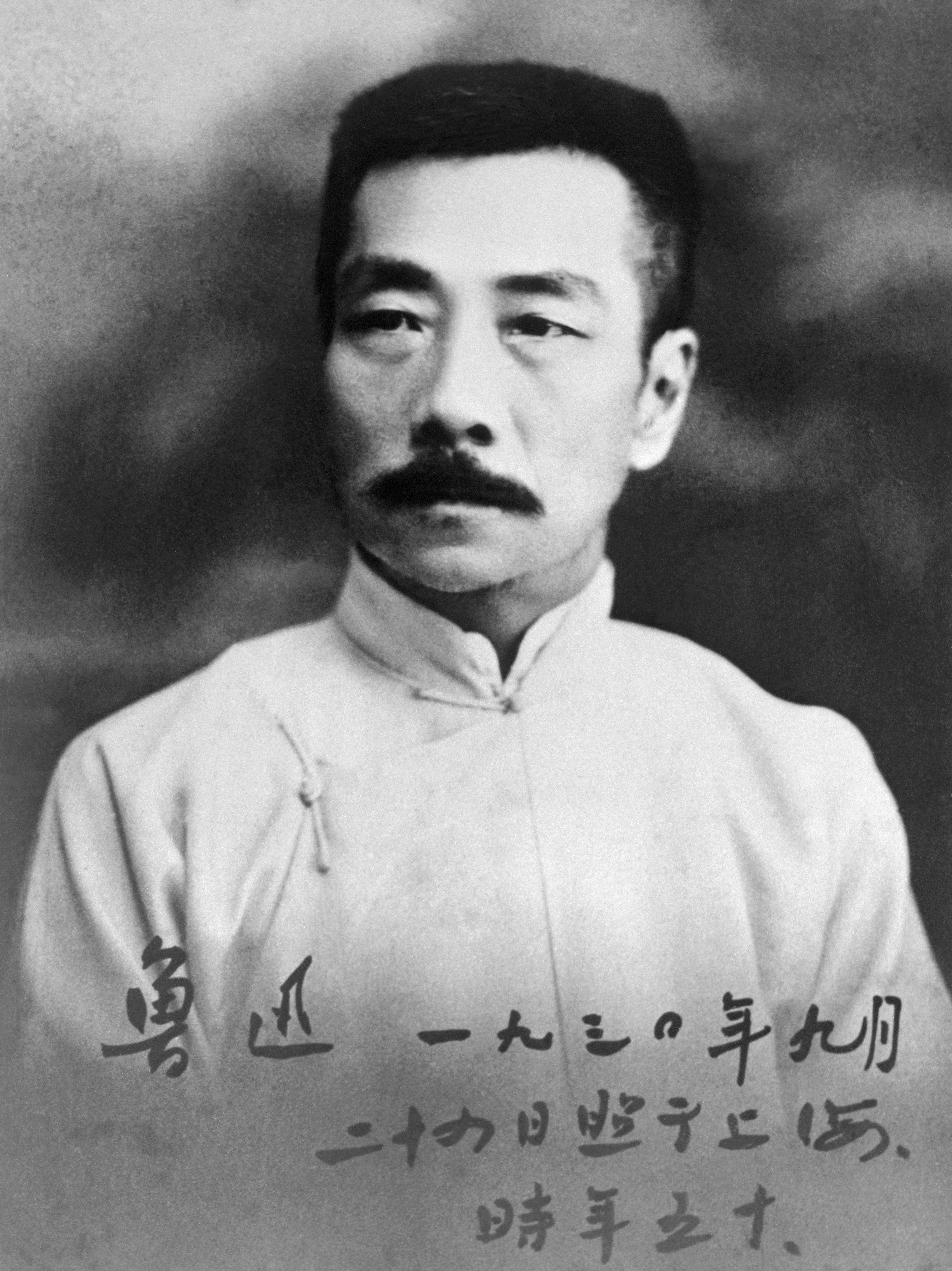Audio Interviews and Lectures
Are We Trapped by Tradition?
Eric Kaplan, a comedy writer (Futurama, Big Bang Theory) and doctor of philosophy, and Taylor Carman (Professor at Barnard College, Columbia University), interview Bryan Van Norden.
A Discussion of Quine’s “Two Dogmas of Empiricism” with Bryan Kam
(audio with slides)
In this episode, I talk with Bryan Van Norden, Professor of philosophy at Vassar College in the United States about how he came to Indian philosophy, what he enjoys about teaching it, as well as connections between ideas about knowing in Indian and Chinese philosophy.
“Kong Yiji”
by Lu Xun
Prof Van Norden is interviewed by Lee Moore and Rob Moore of the Chinese Literature Podcast
Philosophy in the Wake of Empire: The White Way to Think
An Interview with The Philosopher’s Zone
Philosophy is often conceived of as pure thought, an activity taking place above and beyond the vagaries of social or political life. But like everything else, philosophy is shaped by its cultural context. For the Western tradition, that cultural context has included centuries of colonisation and empire-building. How has this shaped the discipline? This week – first in a five-part series – we talk to Professors Bryan Van Norden and Serene Khader about racism and the unfortunate legacy of Immanuel Kant, who believed the non-white races were incapable of philosophical reflection.
In this Philosophy Bakes Bread radio show and podcast, Eric Thomas Weber and Anthony Cashio interview Bryan Van Norden about his recent book, Taking Back Philosophy: A Multicultural Manifesto.
Prof Bryan Van Norden talks about the value of non-western philosophy and Confucianism in particular on this episode of Embrace the Void (December 2019).
The New York Times recently published an Op-Ed by Senator Tom Cotton advocating a severe crackdown on the protests. The piece sparked a giant backlash and even a bit of a civil war within The New York Times. The Opinion Page editor officially stepped down. Joining us on Serious Inquiries Only is Professor Bryan Van Norden, who has written about why not all opinions deserve to be heard. Much of the justification people use tends to derive from Mill’s On Liberty, but does that book really justify platforming fascism?
With the ongoing conflict with North Korea, tensions rising in the South China Sea along with China's growing influence on the world economy, the United States would stand to benefit from a better understanding of how the Chinese people think and how they look at the world. Very few universities in the United States teach traditional Chinese philosophies and that could lead to future problems if there is a lack of historical expertise when it comes to negotiating with the Chinese government. Bryan William Van Norden discusses the importance of understanding Chinese thought.
Apart from the occasional saying in a fortune cookie, or the Yin and Yang symbol common in pop culture, Americans don't know much about Chinese Philosophy. Even in academic circles, Professor Bryan W. Van Norden argues that Westerners are woefully ignorant of the major school of thought that underpin Chinese society. Meanwhile, China's growing political, economic and military clout makes our ignorance a liability.
Audio of a talk given to the Minorities and Philosophy group at Boston University on 23 March 2017. In the opening of the talk (not recorded) Prof Van Norden noted that physicist Neil deGrasse Tyson said that majoring in philosophy "can really mess you up," while Sen. Marco Rubio said, "Welders make more money than philosophers. We need more welders and less philosophers.” Van Norden then remarks that “Philosophy has been a favorite whipping boy in the culture wars since 399 BCE when an Athenian jury sentenced Socrates to death….”








